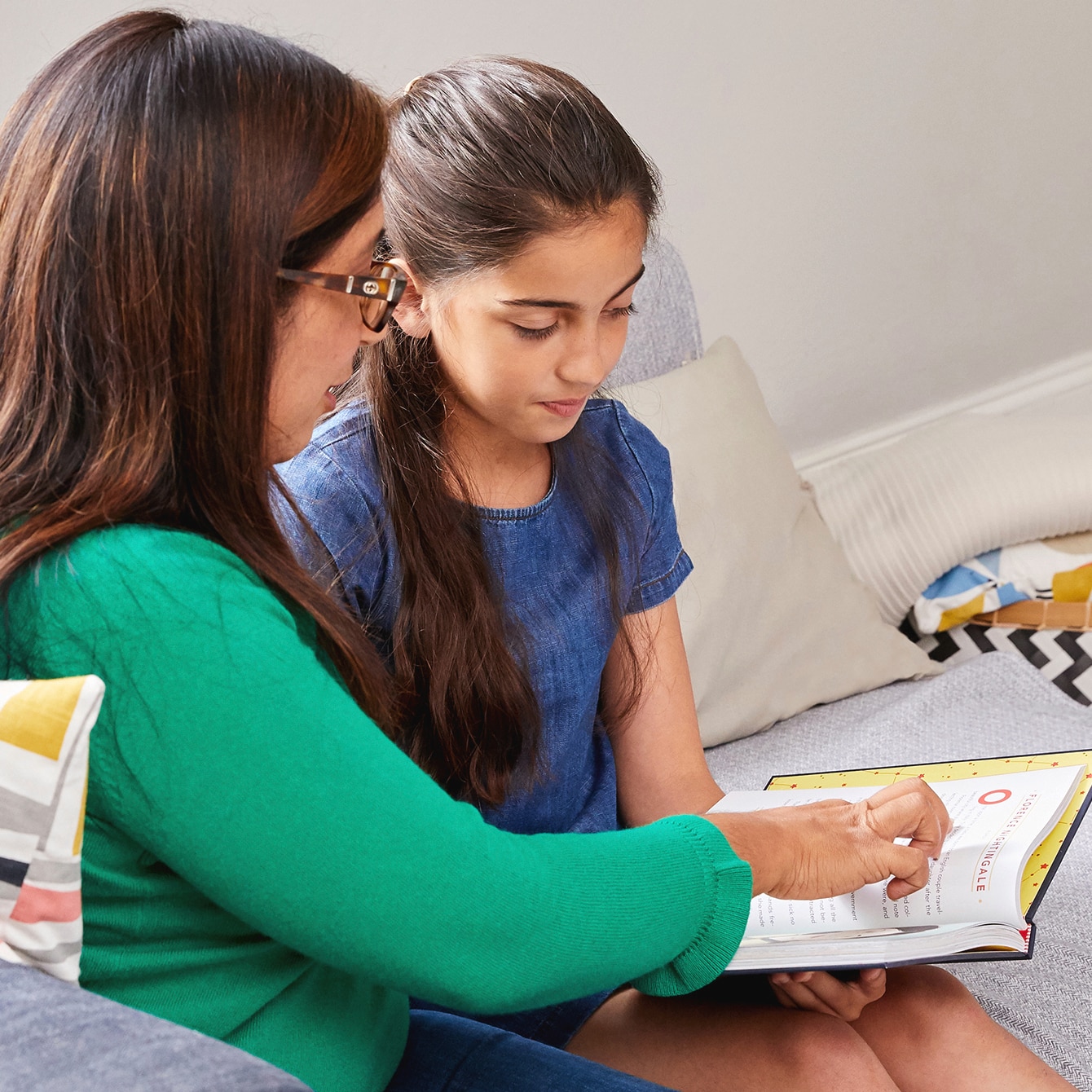Communicating with teens about the problems they're facing can be difficult – it’s all too easy to say, “You’ll get over it.” But being dismissive can discourage them from expressing their feelings.
During a conversation with your child, acknowledge their ideas and concerns, and encourage them to talk about their feelings. Practising active listening skills is key to good communication. Empathise with their problems instead of rushing to fix them, and let them know you're always there to listen to what they’re going through.
Active listening in practice
This conversation between a parent and child shows how you might use active listening skills when communicating with your child:
Parent: Sweetheart, what’s wrong?
Child: It’s nothing, go away. Why don’t you ever knock?
Parent: I’m sorry. I thought I heard you crying. Would you like to tell me why?
Child: You wouldn’t understand.
Parent: I think I might and I can certainly try – you’d be surprised by how similar our experiences could be.
Child: Really?
Parent: Really. What is it?
Child: (sob) Alex’s* texted everybody but me about her party.
Parent: Oh, sweetheart. That's awful.
Child: Stop being sarcastic. I know I’m not a starving orphan but...
Parent: I do understand. I think it’s awful when things like that happen and I understand how it might make you feel. Something similar happened to me once and I know I felt really left out.
Child: Why, what happened to you?
Parent: When I was your age my best friend Sam and I used to go to the beach together. But one day he said he didn’t want to go any more. And then I saw him at the beach with someone else from school.
Child: What did you do?
Parent: I felt terrible. I went home and your grandma found me crying.
Child: What did Grandma say?
Parent: We had a conversation like this, and she told me that I would get over it.
Child: And did you?
Parent: Yes, she was right, eventually I did. I felt she was annoyed with me for making a fuss. But it was serious to me. I can remember how rejected it made me feel.
Child: Are you annoyed with me?
Parent: No, I totally understand how you're feeling right now; it feels terrible to be excluded from things like that.
Child: I don’t know what I can do about it.
Parent: I didn’t either. In the end I realised that being friends with Sam probably wasn’t the best thing for me anyway. We weren’t really right for each other. So I learned not to be upset by things he did to me and eventually I did feel better about it. And I know you will, too.
By asking questions sensitively and offering a little of their own experience, this parent discovered what was upsetting their child. They helped them feel heard and supported. And they kept the lines of communication open for the future by emphasising they didn't think the child’s worries were silly or ‘over the top’.
*To protect privacy we've changed the names of the people whose stories we tell on these pages. But the stories they tell are genuine.
Active listening techniques
How active listening skills work
In negotiations between people in conflict scenarios (such as wars and strikes), it's recommended that opposing sides repeat what the other person says because it shows empathy. Try this with your child by reflecting their words back to them.
For example, say: “So you’re worried your friend doesn’t like you anymore, right?” It may sound rather fake at first, but it shows them that you understand and are listening to them.
When your child’s self-esteem is dented by a social setback, you can help them build it back up. Reassure them that they’re loved, focus on their best qualities, and remind them of good experiences they’ve had.
Dove Self-Esteem Project expert Dr Christina Berton says some parents may focus too much on their own experience and giving advice. “It’s important that parents realise this is about their child,” she says. “Go at their pace because it’s really about their ability to express themselves and honour their feelings, thoughts and needs.”

